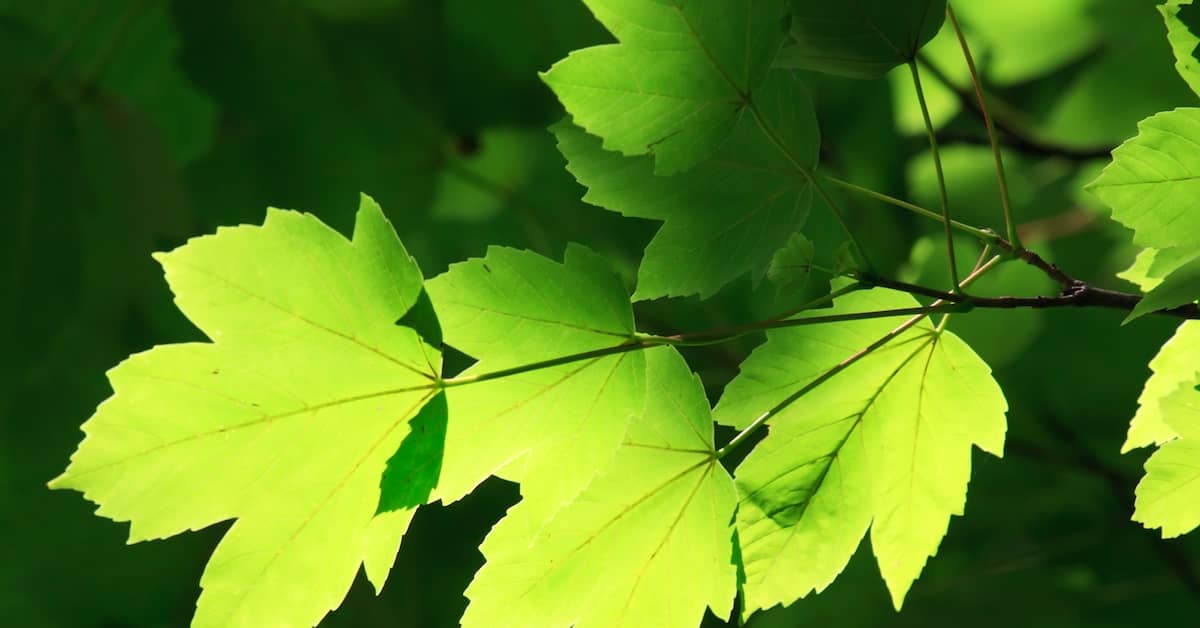
This applies whether it's a life-extending nutrient, herb or drug that's being tested, or whether the treatment involves genetic manipulation. It's also a key reason why intermittent fasting and exercise contribute to a healthier and longer life.
The biological activity is called autophagy. This means “self-eating” and refers to a process wherein the body feeds on its own “garbage” – dead or dying cells, cellular debris.
In an exciting new development, scientists have found for the first time a strong "natural autophagy inducer" in a Japanese plant traditionally eaten by samurai warriors.
The good news is that this plant is also grown in the US. . .
Scientists Search for Compounds to Boost Autophagy
An international team of scientists studied flavonoids in plants to learn their potential to induce autophagy.Lead researcher and longevity scientist Professor Frank Madeo from the Institute of Molecular Biosciences, University of Graz in Austria, describes autophagy as "a cleansing and recycling process" that jettisons "superfluous material, especially cellular garbage like aggregated proteins." (See, I didn’t make up that bit about garbage.)
If this process isn't working well, the cell accumulates debris. This inhibits normal functioning and can lead to many diseases including cancer.
Flavonoids are known to have a range of benefits including antioxidant and anti-inflammatory properties, and studies suggest several flavonoids stimulate autophagy.
It seemed likely that among such a large family of plant chemicals the researchers would find one or more that could strongly promote autophagy and counter age-related cellular decline.
You Might Want to Eat “Tomorrow’s Leaf” Today
After analyzing 180 such compounds, they settled on one with the most potent activity. It's called 4,4′-dimethoxychalcone or DMC, found to a high degree in the stalks and leaves of a member of the carrot family called angelica keiskei koidzumi, more commonly known as ashitaba. This vegetable is also referred to as 'tomorrow's leaf' because it grows back rapidly after being cut.This large leafy perennial plant already had a reputation in Asian folk medicine for its longevity and health-promoting properties. Even today it remains an important component of Japanese botanical medicine.
As well as its reputation to reverse aging, ashitaba is also reputed to combat arthritis, support immune function, improve digestion and treat fatigue.
As far as the researchers are aware, ashitaba is the only natural source of DMC.
Extends Lifespan by 20 Percent
The scientists first experiment was to test DMC's potential to reduce chronological age-related death in yeast cells.The plant compound was found to offer a degree of protection that was greater than resveratrol, a natural autophagy regulator found in grape skin and red wine that’s been shown to increase cell survival and slow aging in yeast and mice.
DMC's protective capabilities even matched rapamycin, the first drug identified to extend lifespan in mammals.
The group’s second experiment examined whether DMC would act as an anti-aging compound in fruit flies and worms. "Remarkably," the scientists write, "chronic DMC treatment ... prolonged the median lifespan of both model organisms by approximately 20%."
Further experiments found that DMC boosted autophagy in mouse heart cells, protected the liver from ethanol (pure alcohol) induced damage and also found it slowed aging in several types of human cell cultures.
The scientists concluded that autophagy was responsible for the beneficial effects of DMC in their experiments. They wrote that their work identifies DMC "as an anti-aging compound with cardioprotective effects in mice and the potential to promote longevity across species."
Modern Science Confirms Folk Medicine
Commenting on the study, Professor Madeo said, "It is always nice to find a scientific rationale for traditional medical folk tales."The experiments indicate that the effects of DMC might be transferable to humans, although we have to be cautious and wait for real clinical trials."
Ashitaba seeds, as well as the whole plant, are available from garden suppliers. The leaves can be picked and put into salads. The stems contain a yellow sap and can be chewed. They are said to have a sweet, minty, celery flavor.
For non-gardeners, ashitaba is available in the form of tea, powder and capsules.
